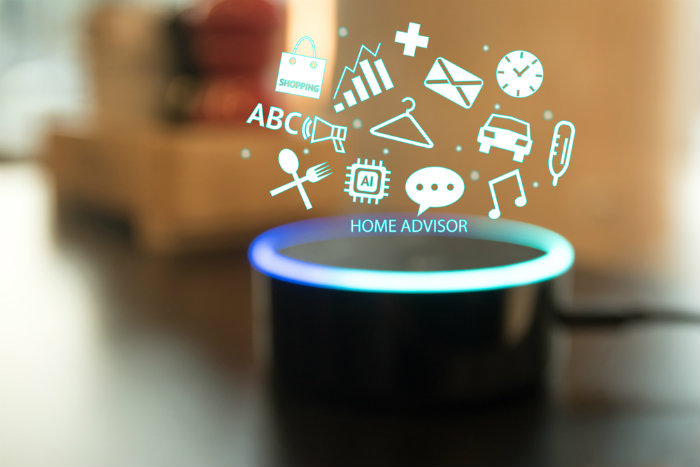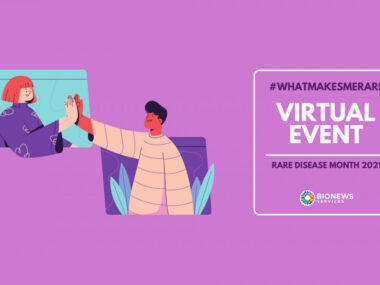Ella the Jellyfish Becomes First Amazon Alexa Skill to Offer Fun and Support for LGS Children
Written by |

Children with Lennox-Gastaut syndrome, and their families and caregivers can now access the first Amazon Alexa skill — called Ella the Jellyfish — that’s designed to provide support and compassion for all members of this community.
The Alexa skill was developed by Eisai based on the input from children with this rare form of childhood-onset epilepsy, as well as their families and caregivers.
Ella the Jellyfish is available free of charge online at the Alexa Skills Store and through the Alexa app, and can be started by telling an Alexa-enabled device to open it. Online videos are available to learn how to operate the skill.
“Ella the Jellyfish was born out of the countless, heartfelt experiences Eisai employees have had with the Lennox-Gastaut syndrome [LGS] community,” Alexander Scott, chief strategy officer of the neurology business group at Eisai, said in a press release. “Staying true to our human healthcare mission to advance epilepsy care and help address the specific needs of patients and their families is what inspired us to develop Ella.”
“Our goal is to relentlessly break through ordinary approaches so that we may provide innovative solutions that go beyond just the medicine,” he added.
With the verbal command “Alexa, open Ella the Jellyfish,” children can access the world of Ella and her underwater friends, and listen to Ella tell a story, sing a song, or play games such as “Ella Says, Freeze Dance” and “Color Hunt.” They can also listen to a relaxing meditation.
“We are proud supporters of this incredible technology and its ability to bring not only joy but much-needed support to our community,” said Amy Brin, executive director and CEO of the Child Neurology Foundation.
A child with LGS can have frequent, unpredictable seizures, often associated with falls or injuries, making constant supervision necessary but often putting a tremendous strain on the family. Therefore, this Alexa skill may give parents and caregivers some extra help in their daily care of LGS children.
“Having a special-needs child can be isolating and exhausting because it’s so difficult to find help or a community that understands our needs and most of the time we are struggling to just keep our heads above water,” said Kayleigh Keen, the mother of a child with LGS. “When we attended the LGS Foundation conference this year, it was fun to watch my son have the opportunity to sample the skill and see my son’s face light up as he easily interacted with Ella the Jellyfish during several activities.”
Michael Chez, MD, a pediatric epileptologist at Sutter Medical Group, in Sacramento, California, added: “When I treat children with LGS, I am always looking for ways to better help support caregivers and families navigate the daily challenges of taking care of someone with this disease. Ella is a wonderful example of how technology can provide a new level of support and compassion.”


